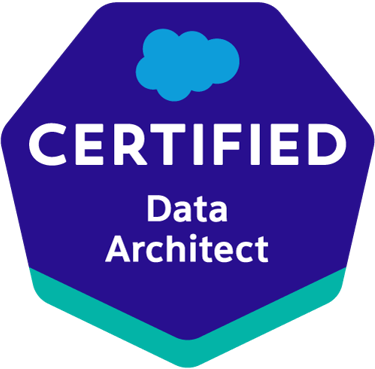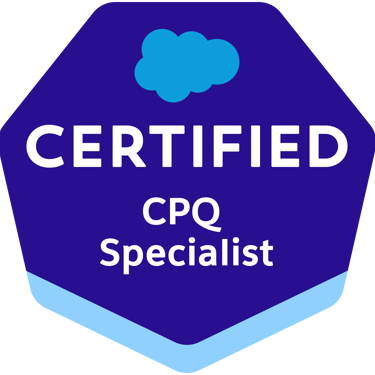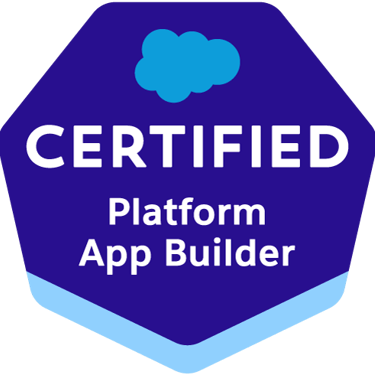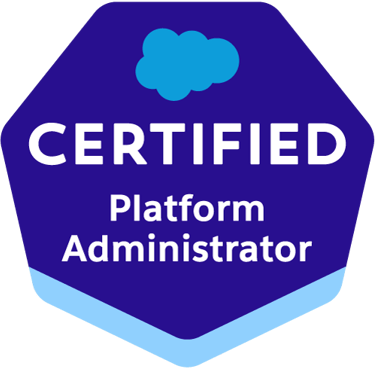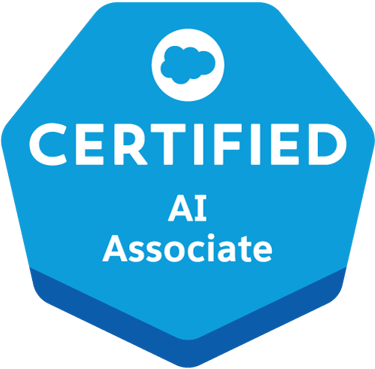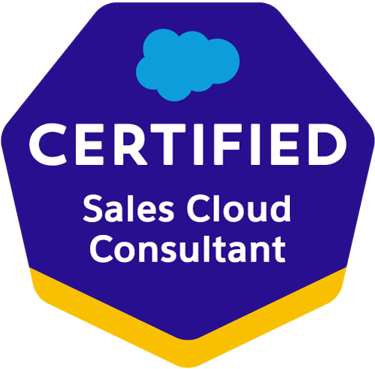
Analyzing your Business
Understanding Your Business Processes, and Pain Points Considering All Departments in Your Organization: Step 1 in Any Successful Salesforce CPQ Implementation
CPQ
Roman Kuzichev - Salesforce Data Architect | Sales Cloud & CPQ Expert | Sr. Consultant
8/5/20233 min read


Understanding Your Business Processes
In today’s competitive market, a successful Salesforce implementation begins with a deep understanding of your unique business processes and requirements. This discovery phase is the cornerstone of creating a solution that not only fits your operations but also drives measurable growth.
Connecting the Dots
Think of this stage as connecting the dots on a strategic map. At Bluenest, our Salesforce consultants work closely with stakeholders from every key department—sales, marketing, finance, service, and operations—to uncover the full picture of how your business runs. We analyze sales, pricing, and quoting workflows to ensure every process is accurately represented and optimized for Salesforce best practices. Each insight adds to a comprehensive overview that becomes the foundation for your implementation blueprint.
Guiding Your Strategy
This process goes far beyond software configuration—it’s about aligning Salesforce technology with your strategic business objectives. By mapping out your goals, challenges, and opportunities, we craft a tailored approach that ensures your Salesforce solution is built for efficiency, scalability, and long-term ROI.
Forging a Unified Path
When we fully understand your operations, we can create a unified path forward—streamlining workflows, boosting collaboration, and enabling data-driven decision-making. This approach ensures your Salesforce platform becomes a single source of truth across your organization.
Stakeholder Synergy
Just like a symphony requires every instrument to be in harmony, a Salesforce project succeeds when all stakeholders are aligned. We bring executives, department heads, and team leads together to ensure the final blueprint reflects multiple perspectives while serving the overall vision.
The Stages for Creating the Perfect Salesforce Implementation Blueprint
1. Executive Engagement
We collaborate with senior leadership across sales, marketing, finance, and other strategic areas to understand high-level objectives, revenue targets, and growth priorities.
2. Department Head Collaboration
Each department head provides insights into operational needs, critical workflows, and pain points. We document must-have features, nice-to-have enhancements, and any compliance requirements.
3. Data Analysis
By studying your sales history, customer interactions, and operational metrics, we identify patterns, behaviors, and opportunities for improvement within Salesforce Sales Cloud or other relevant modules.
4. Gap Identification
We compare current processes to business goals, highlighting bottlenecks and inefficiencies that can be resolved through Salesforce automation and customization.
5. Solution Proposition
We outline how each proposed Salesforce feature or integration addresses specific gaps, ensuring a solution that is technically sound and strategically aligned.
6. Feedback Integration
Our team shares proposals with stakeholders for review, incorporating feedback to refine the final blueprint.
7. Final Documentation & Scope of Work
We deliver a complete package including stakeholder input, process maps, requirements, and solution proposals—ensuring absolute clarity before the build begins.
Final Note – Engaging executives early, involving stakeholders at every stage, and maintaining detailed documentation form the foundation of an effective Salesforce implementation strategy. This disciplined approach ensures your solution is aligned with your strategic goals, maximizes adoption, and delivers measurable business impact.

Address
71-75 Shelton Street, Covert Garden, London, WC2H 9JQ
Contact us
© 2025 BLUENEST SOLUTIONS, LTD. ALL RIGHTS RESERVED.
Quick menu


COMPANIES HOUSE | LTD


ENGLAND REGISTERED COMPANY
info@bluenestco.com
